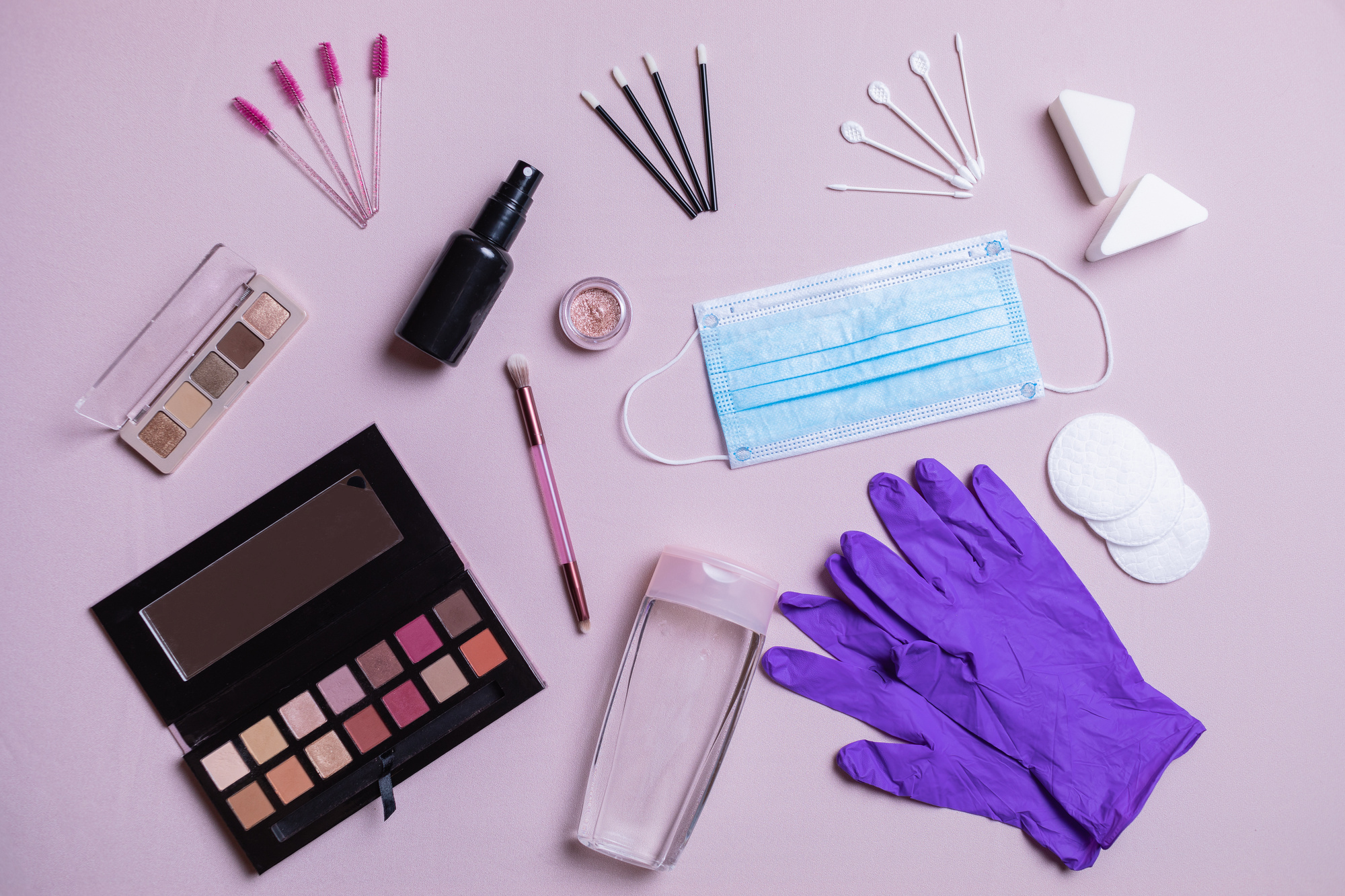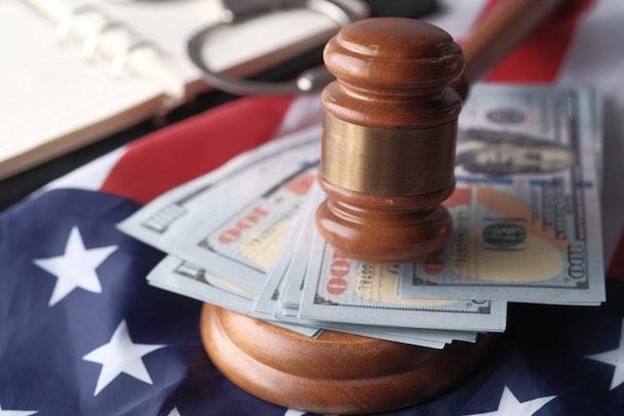Now Reading: Cosmetic Product Liability: 4 Things To Know
-
01
Cosmetic Product Liability: 4 Things To Know

Cosmetic Product Liability: 4 Things To Know
In the vibrant world of cosmetics, understanding product liability is essential. From lipstick to lotion, these items have become staples in people’s daily regimens. And as a consumer, you place trust in the safety and effectiveness of these products. However, what happens when a cosmetic product causes harm instead of helping you look and feel your best?
This article will explore everything you need to know about liability issues related to cosmetics, covering vital topics like the role of the FDA, the type of lawsuits one can file, and how to maneuver the intricate complexities of establishing liability. Read on.
- Understanding The FDA’s Role In Regulating Cosmetic Products
The Food and Drug Administration (FDA), a federal agency, holds a significant place in liability issues related to cosmetics. However, it’s worth noting that the FDA’s authority over cosmetics differs significantly from its power over food and drugs.
Unlike food and drugs, the FDA doesn’t require pre-market approval for cosmetics. In the case of cosmetics, the responsibility for safety lies primarily with manufacturers. Yet, that doesn’t mean the FDA’s role is non-existent. It retains the authority to intervene when safety concerns arise.
Essentially, there are two laws that are particularly important when it comes to cosmetics that are sold in the United States- Federal Food, Drug, and Cosmetic Act (FD&C Act) and Fair Packaging and Labeling Act (FPLA). Manufacturers must ensure that product labels accurately list all ingredients contained within the product. Under these regulations, labels must avoid making any claims that could be considered misleading to consumers. This gives consumers the information they need to make informed decisions about the products they purchase and use.
- Exploring The Types Of Lawsuits In Cosmetic Product Liability
Within the domain of liability associated with cosmetic goods, you’ll come across three primary categories:
- Manufacturing Defects: Manufacturing defects concern errors that occur during the creation of a cosmetic product. For instance, there might have been a mistake in the production line, or a batch may have gotten contaminated. These errors can lead to harmful products reaching the market, and if you’ve suffered an injury due to such a flaw, you may pursue a lawsuit to seek compensation.
- Design Defects: When discussing design defects, it’s important to note that some attorneys specialize in specific liability issues related to cosmetics. For instance, talcum powder attorneys handle cases where the product’s design or composition—specifically the use of talcum—has caused harm to consumers. If a product, even when made correctly, poses a threat due to its composition, it can be considered a design defect.
- Failure to Warn: This concerns the information—or lack of it—provided by the company. Every cosmetic product should come with accurate usage instructions and clear warnings about potential side effects. If a company neglects to supply this crucial information, and you endure damage as a consequence, it’s a case of ‘failure to warn’.
Each lawsuit type targets a different aspect of product liability, and your situation may fit into one of these categories. By understanding these, you can better identify potential issues, protect your rights, and seek justice if you’ve been harmed.
- Demonstrating Fault In Cosmetic Product Liability Cases
In any legal situation, meeting the burden of proof is a fundamental requirement. In the context of cosmetic product liability cases, this involves:
- Verifying the Defect in the Cosmetic Product: This entails demonstrating that the product was compromised due to a manufacturing error, improper design, or insufficient warnings. Your evidence may comprise lab test results, expert testimony, or photographic proof.
- Confirming Appropriate Usage: Assert that the product was used per the instructions. Show that you adhered to the product’s instructions and warnings correctly to exclude improper use as the cause of your harm.
- Connecting the Defect to the Damage: Forge a direct link between the product defect and your harm and increase your chances of receiving compensation with the help of medical documents.
With all these in mind, you can build a strong case for liability and hold cosmetic manufacturers accountable for the safety and effectiveness of their products.
- Importance Of Legal Representation In Cosmetic Product Liability Cases
Steering through cases related to the liability of cosmetic items can be intricate, with stringent regulations, legal terminology, and nuanced case law. That’s where legal representation becomes crucial.
Having an experienced attorney by your side offers several benefits, such as:
- Understanding the Law: An attorney, well-versed in the complexities of the law and adept in handling liability cases, can help you navigate the legal process of building and winning your case.
- Evidence Gathering: From medical records to expert testimonies, collecting the right evidence is critical. An attorney can assist in this time-consuming process, making it easier for you.
- Negotiation Skills: Many cosmetic product liability cases are usually settled outside court. As such, an experienced attorney can negotiate on your behalf, ensuring you get the compensation you deserve.
- Emotional Support: Dealing with a liability case can be stressful and exhausting. Thus, having a professional by your side can provide emotional support, helping you go through the process with confidence and peace of mind.
Conclusion
When it comes to cosmetic product liability, information is power. So, if you have been injured by a faulty product, it’s important to act quickly. Seek legal representation, gather evidence, and stand up for your rights. But remember, you don’t have to go through this process alone. With the right support and information, you can advocate for yourself and hold cosmetic manufacturers accountable.










